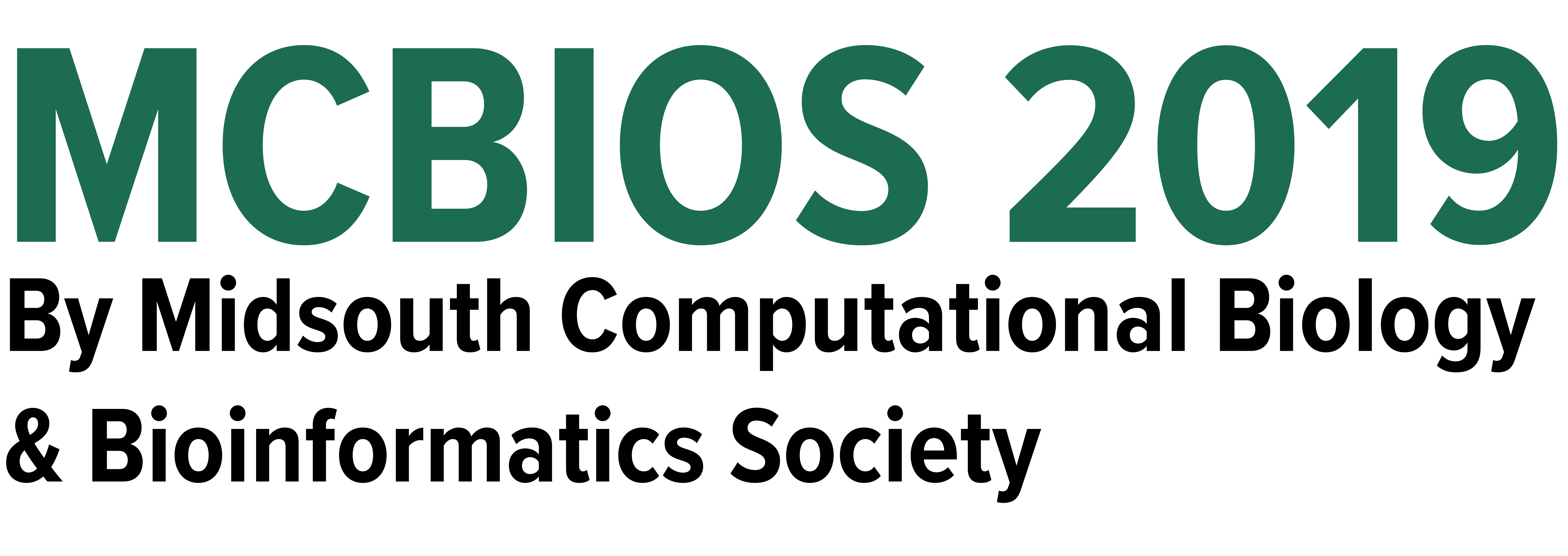
King Jordan
Georgia Institute of Technology
Genomic medicine for understudied populations: lessons from Colombia
Genomic medicine promises to revolutionize healthcare. However, genomics research remains heavily biased towards European-ancestry cohorts, while understudied populations bear a disproportionate disease burden. This genomics research gap has the potential to exacerbate existing health disparities. Closing the gap will require: (i) more genomics research on diverse populations, (ii) better methods so that insights from current studies can be applied across populations, and (iii) development of local capacity so that genomic approaches to healthcare can be implemented worldwide. Our group is working on these three areas together with collaborators from the country of Colombia in South America. Our research and development efforts are focused on neighboring populations in Colombia with distinct ancestry profiles: Antioquia (European) and Chocó (African). We are investigating the role that genetic ancestry plays in the epidemiology of type 2 diabetes (T2D) and patient drug response (pharmacogenomics) in these two populations. Chocó has significantly higher predicted genetic risk for T2D compared to Antioquia, and the elevated genetic risk for T2D in Chocó is correlated with higher African ancestry. Despite its higher genetic risk, the population of Chocó has a three-times lower observed T2D prevalence than Antioquia, indicating that environmental factors better explain differences in T2D outcomes for Colombia. Our exploration of dietary and lifestyle factors in Chocó illustrates how low socioeconomic status can divergently manifest as a T2D protective factor in developing countries. A number of pharmacologically relevant genetic variants show anomalous allele frequencies within and between the two Colombian populations, and these differences are also associated with their distinct genetic ancestry profiles. For example, one particular variant in the SLCO1B1 gene (rs4149056), which is associated with an increased risk of toxicity to a commonly prescribed statin, is found at relatively high frequency in Antioquia and associated with European ancestry. We have developed and validated an inexpensive allele-specific PCR assay to test for the presence of such population-enriched pharmacogenomic variants in resource-limited settings like Colombia. We hope that our population-centered approach can serve as a model for the application of genomic methods to healthcare in understudied populations worldwide.
Dr. King Jordan is an Associate Professor in the School of Biological Sciences and Director of the Bioinformatics Graduate Program at the Georgia Institute of Technology. He received a BS in Biology from the University of Colorado (1992) and a PhD in Genetics from the University of Georgia (1998). Before coming to Georgia Tech in 2006, Dr. Jordan worked at the National Center for Biotechnology Information (NCBI), the bioinformatics division of the US National Institutes of Health (NIH). Members of Dr. Jordan’s laboratory at Georgia Tech (http://jordan.biology.gatech.edu) conduct bioinformatics research with an emphasis on the analysis of ‘big data’ for understanding the molecular genetic determinants of human health. His group’s research efforts involve both the development and application of computational tools specifically tailored for genomic sequence analysis as well as various ‘omics’ functional analyses. Dr. Jordan is also actively engaged in the development of bioinformatics and genomics capacity in Latin America. He was named a Fulbright fellow to Colombia in 2012 and 2016, and he is the Co-Founder and Director of the PanAmerican Bioinformatics Institute (http://panambioinfo.org). In addition to his academic research, Dr. Jordan consults with industry partners to provide custom solutions to their bioinformatics challenges via his company Genomic Informatics Consulting (http://www.genomeinforma.com/), and he leads the Applied Bioinformatics Laboratory (ABiL http://abil.ihrc.com), a private-public partnership between IHRC Inc. and the Georgia Tech Bioinformatics Program. ABiL scientists work collaboratively with clients from the government, academic and industry sectors to provide data analysis services along with workforce development and training in bioinformatics.
